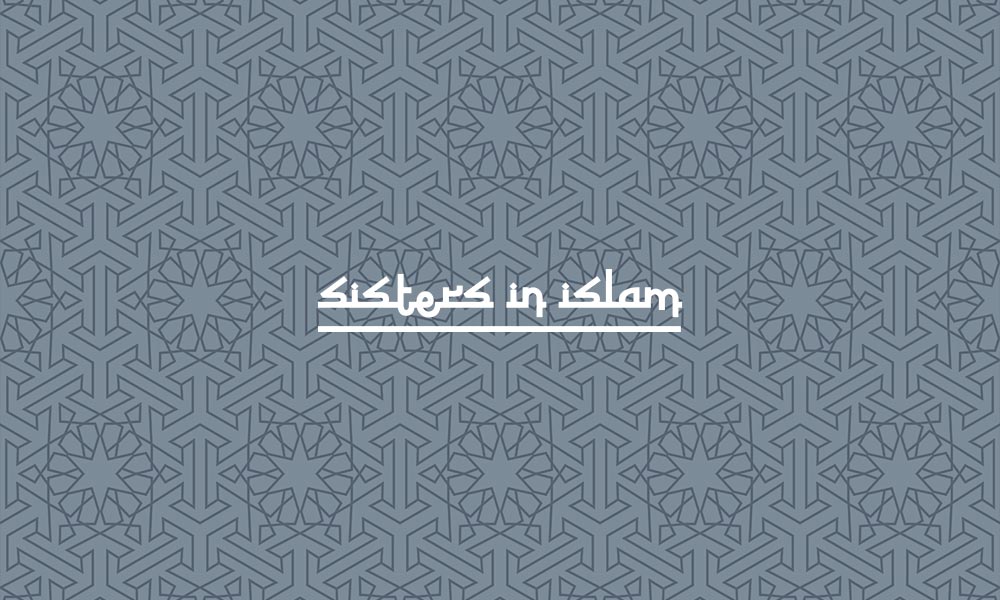Dr. Kassim Ahmad’s arbitrary arrest by the Federal Territory Islamic Religious Department (JAWI) on 26 March 2014 is a gross display of overzealousness and abuse of law to silence dissenting opinions. Sisters in Islam (SIS) demands that the charges against him be dropped immediately.
It was reported that Dr. Kassim was charged under Section 7 of the Syariah Criminal Offences Act (SCOA) 1997 for allegedly uttering statements that might mislead Muslims, while the second offence is under Section 9 of the same act for violating fatwa or acting in contempt of religious authorities.
It is alarming that JAWI was able to embark on a cross-border man-hunt so swiftly to arrest a frail 81-year old man whose health is failing. Dr. Kassim was arrested in Kulim, Kedah yesterday, brought down to Kuala Lumpur overnight and questioned until 3AM. When charged at the Putrajaya Syariah Court this morning, the Syari’e Prosecutor objected to bail, and wanted Dr. Kassim to remain in detention for one week.
The treatment meted out to Dr. Kassim lacks the compassion synonymous with Islam, as much as it is a display of efficiency and alacrity that the syariah system has seldom been known for. We never hear, for example, of similar actions being taken against errant fathers who fail to pay years of child support. This double standard reflects a bias in the priorities of religious enforcement.
As long ago as 1997, SIS had emphasized that the SCOA contained several problematic provisions that are open to arbitrary abuse of power by the religious authority. They have no basis in the textual sources or historical practices of Islam and furthermore, violate fundamental principles of democracy and our fundamental liberties as guaranteed by the Federal Constitution.
The Qur’an grants the ummah the freedom to criticise. Disputation or jadal is one of the major themes which occurs on no less than 25 occasions where the Qur’an expresses humanity’s inclination, as rational beings, towards argumentation. In Surah al-Mujadilah, 58:1, the verse recognises the right of an individual, a woman in this case, to argue her problem with the Prophet (SAW). The whole surah which begins with this passage bears the title Mujadila (disputation). If the ummah has the right to argue with the Prophet, what more our right to argue with a religious authority.
The right to hold differing opinions is also upheld by a sahih hadith, which quoted the Prophet (SAW) as saying that “differences of opinion in my community are a blessing”. It was the Prophet’s opinion that only through such differences that one can strive to find the best opinion, the best solution to meet the community’s needs.
Ironically, instead of upholding the freedoms guaranteed to us in Islam, the religious establishment, in their words and deeds are fundamentally opposed to them and seem bent on governing the lives of Muslims in this country in their obscurantist mould. Islam upholds justice above all and they have clearly gone against the spirit and intent of Islam in trying so desperately to uphold it.
SIS therefore renews its call for a review and repeal of the provisions of the SCOA, in particular those provisions that deny citizens their fundamental right to freedom of speech and expression. Subsequently, the charges against Dr. Kassim have no basis and must be dropped.
Sisters in Islam
27 March 2014
